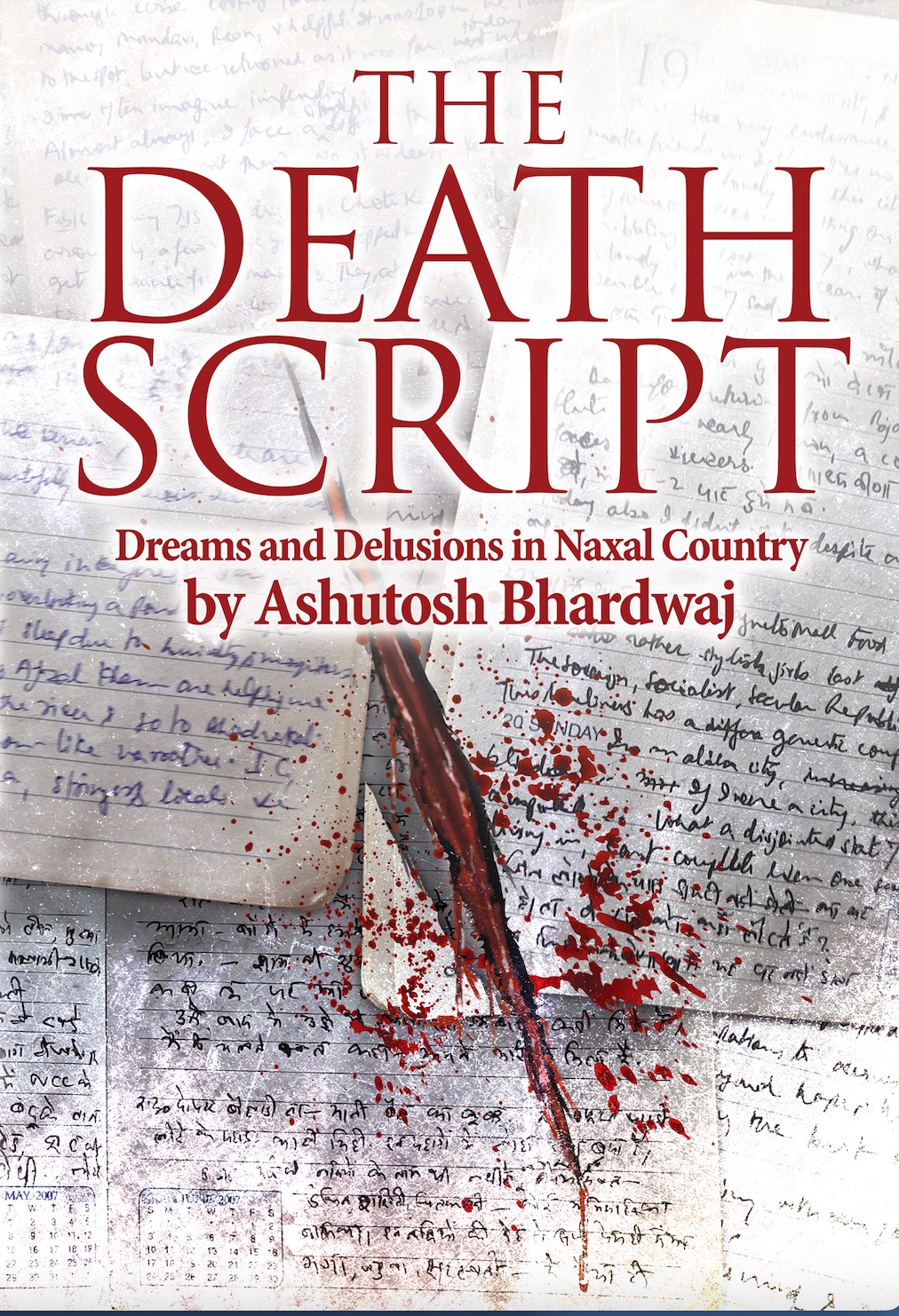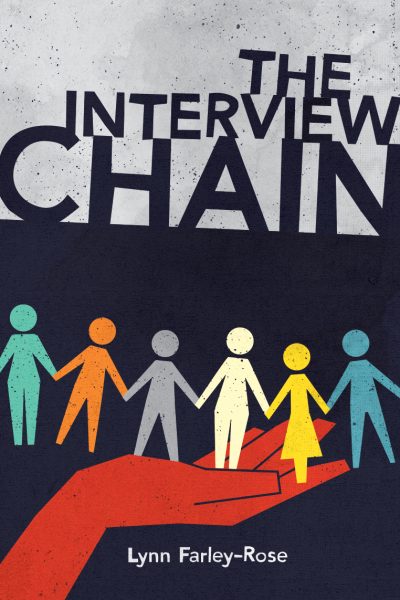The Death Script
£9.99
by Ashutosh Bhardwaj
Paperback: 978-1-910688-86-1
Category: Memoir; Revolutions, Uprisings, and Rebellions
Publication date: 4th August 2022
Also available from Waterstones
Dreams and Delusions in Naxal Country
A haunting ode to those who paid the ultimate price—through the prism of the Maoist insurgency, Ashutosh Bhardwaj meditates on larger questions of violence and betrayal, love and obsession, and what it means to live with and write about death.
From 2011 to 2015, Ashutosh lived in the Red Corridor in India wherein the Ultra-Left Naxalites, taking inspiration from the Russian revolution and Mao's tactics, work to overthrow the Indian government by the barrel of the gun. He made several trips thereafter reporting on the insurgents, on police and governmental atrocities, and on the lives caught in the crossfire. The Death Script chronicles his experiences and bears witness to the lives and deaths of the unforgettable men and women he meets from both sides of the struggle, bringing home the human cost of conflict with astonishing power. Narrated in multiple voices, the book is a creative biography of the region, Dandakaranya, that combines the rigour of journalism, the intimacy of a diary, the musings of a travelogue, and the craft of a novel.
The Death Script is one of the most significant works of non-fiction to be published in India in recent times, bringing often overlooked perspectives and events to light with empathy and searing clarity. Praised by scholars and critics, the book has already won awards.
“A remarkable work of narrative non-fiction (…) The landscape, dramatis personae and social consequences of the civil war in Bastar come vividly alive in this moving, empathetic, always courageous and sometimes chilling book. The narrator himself is a never intrusive but always reliable presence in The Death Script – trusted by the reader for his moral compass, and admired for his literary skills.” – Professor Ramachandra Guha, historian and author
“The area, now the feared Naxal corridor, still remains primal: dark, full of whispers, unspoken treacheries, anger and a deep desire for justice (…) Readable, full of anecdotal and hard evidence, it forces the reader to rethink crime and punishment.” – Mrinal Pande, journalist and author of The Other Country: Dispatches from the Mofussil
“Only he could have written this moving, troubling and indispensable book.” – Professor Harish Trivedi, literary scholar




